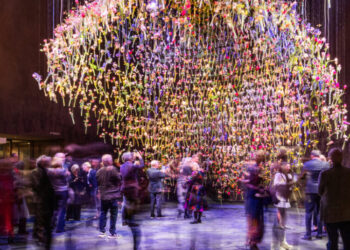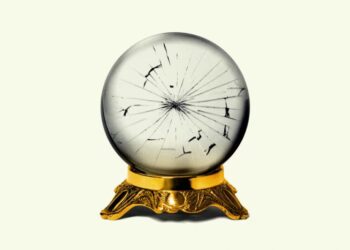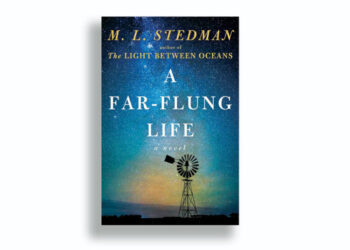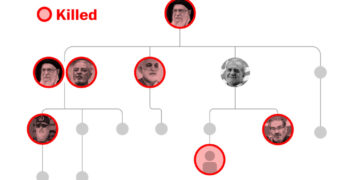How the Florists Behind TEFAF Maastricht Work Their Magic
Before the doors open each morning at TEFAF Maastricht, the European Fine Art Foundation’s annual March fair, a ritual unfolds:...
MAGA Newcomer’s Campaign Gets Banned From Waffle House
A far-right Republican running for Florida governor vowed to “meet voters where they are”—unless they’re in a Waffle House. James...
French Officer Accused of Shooting Teen to Be Charged Only With Manslaughter
A French police officer accused of shooting dead a teenage driver at point-blank range, in an incident that set off...
The Central Lie of Prediction Markets
A few hours before Donald Trump gave his State of the Union address, Republican sources told the PBS correspondent Lisa...
Nature Report, Killed by Trump, Is Released Independently
Scientists and other experts were preparing a first-of-its-kind assessment of the health of nature in the United States when President...
Lindsey Halligan Is Under Investigation by the Florida Bar
Lindsey Halligan, the former U.S. attorney in the Eastern District of Virginia who brought criminal cases against President Trump’s enemies...
Hubble Spots Bizarre Galaxy That Appears to Be 99.9 Percent Dark Matter
The universe is overrun with dark matter, outweighing the ordinary stuff that stars and planets are made of five-to-one. But...
8 New Books We Love This Week
Every week, the critics and editors at the New York Times Book Review pick the most interesting and notable new...
War Hero Says Random People Off the Street Would Handle Iran Better Than Trump
A decorated military veteran has sharply criticized President Donald Trump’s approach to Iran, claiming that even “random people off the...
DHS Insiders Spill What Really Got ICE Barbie Fired
Department of Homeland Security (DHS) staff say Kristi Noem sealed her own fate with a humiliating performance in two congressional...














